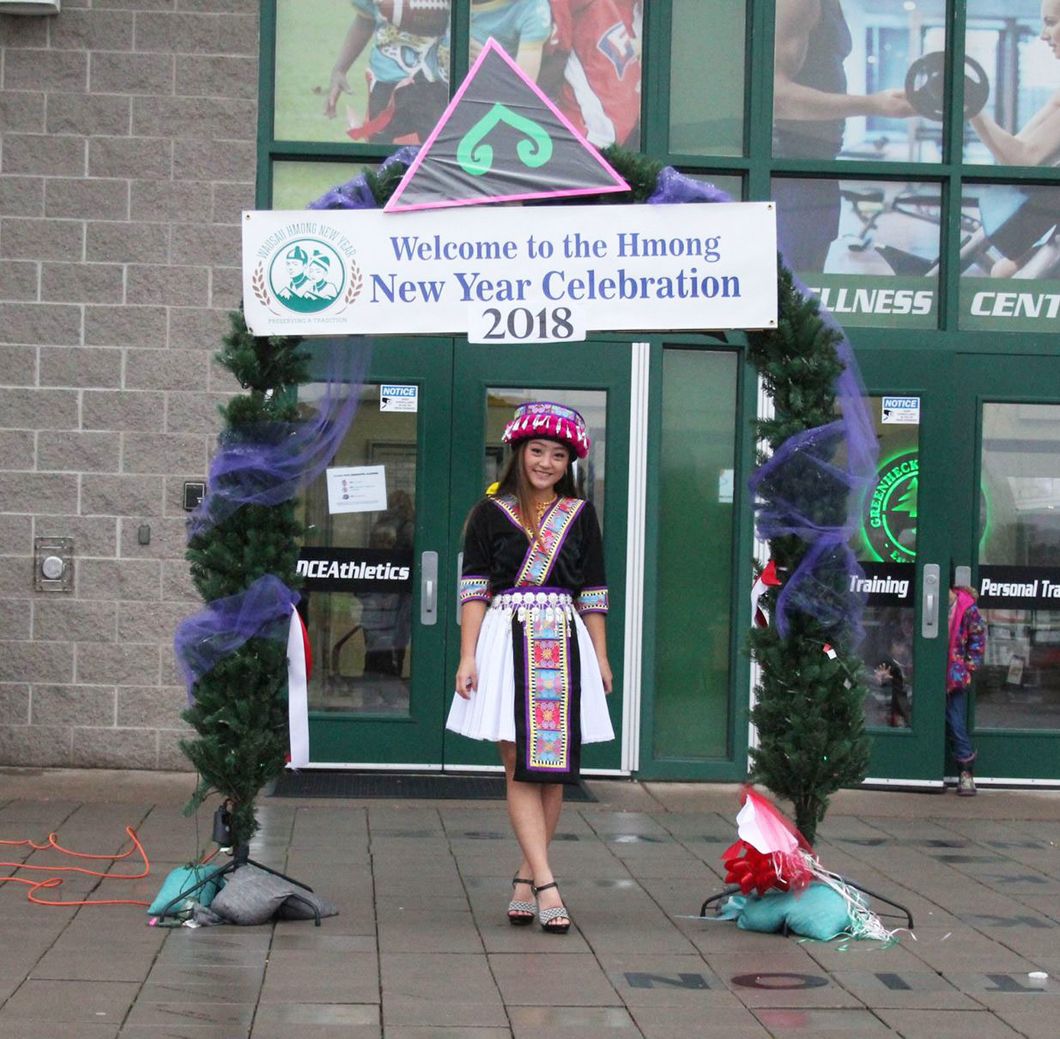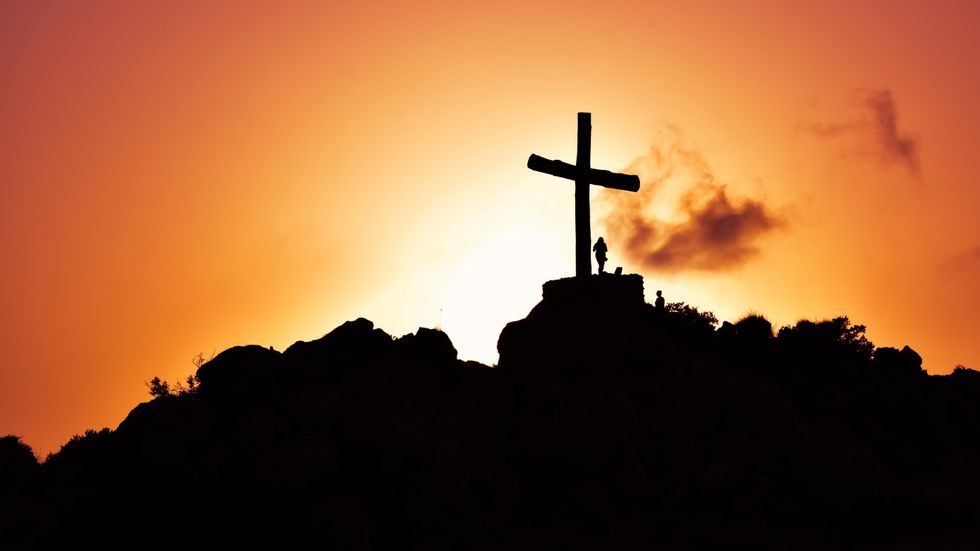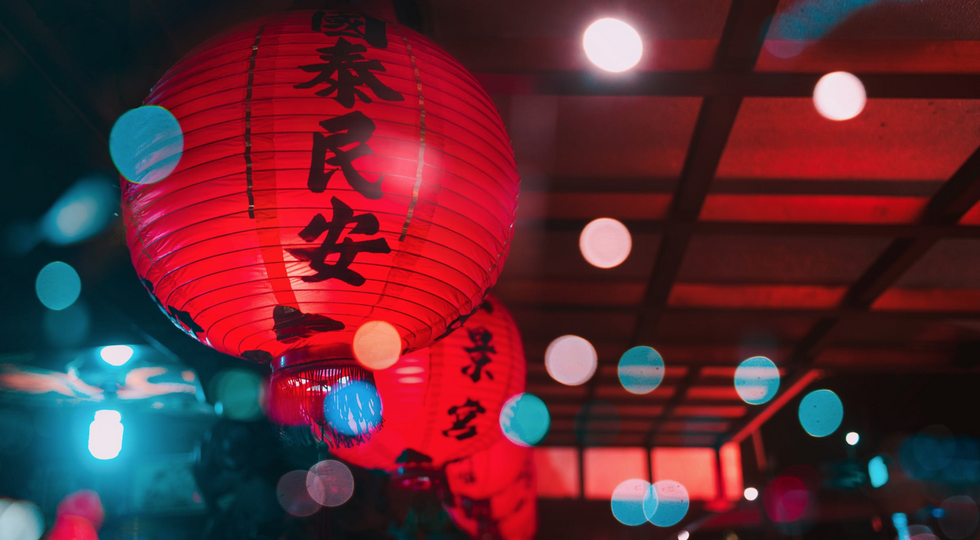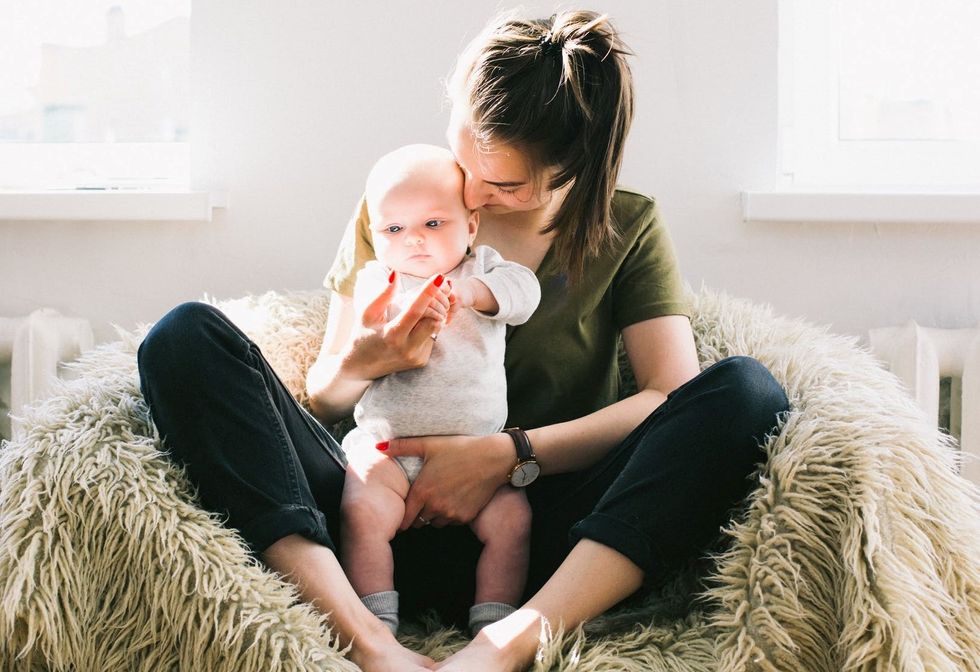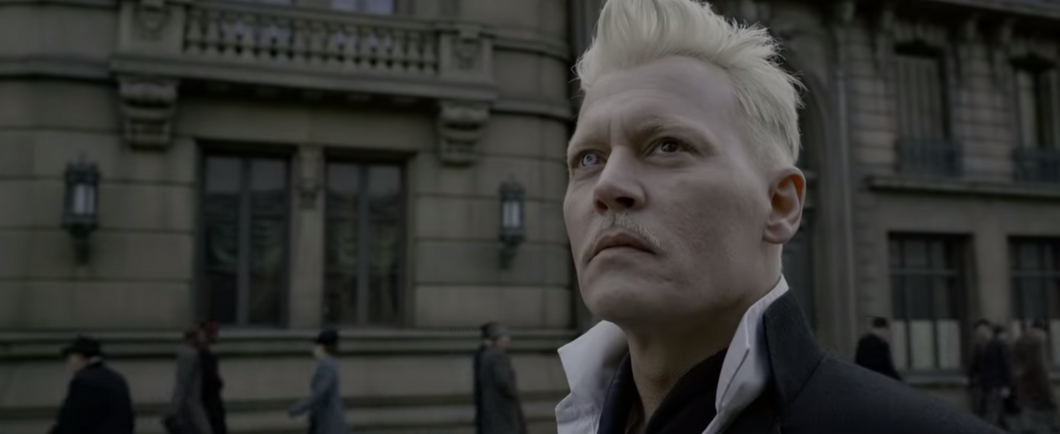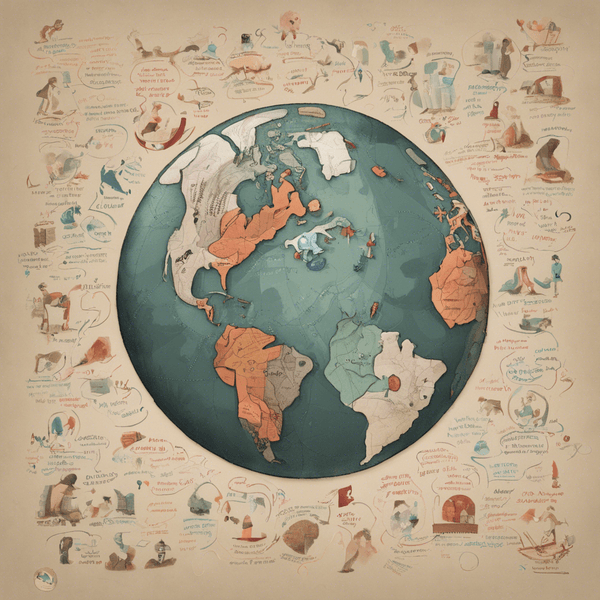I Am Proud To Be Hmong And I Don't Care Who Knows It
Once I stopped being obsessed with other cultures, I realized my culture is beautiful and unique.
As a child growing up, I was envious of other people's culture. Sometimes, I wished I was another ethnicity because I purely didn't like to be Hmong and I was embarrassed to be Hmong.
Back in middle school, K-Pop [Korean pop music] was very popular. I remember comparing myself to the Korean girls on my phone screen with my friends, and we would try to 'look' Korean. Sometimes, it felt satisfying or taken as a compliment when people would say, "You look Korean!" My friends and I would learn the language that only ended us speaking in simple Korean phrases, and even tried to dress how Koreans dressed. In terms, we were obsessed with the Korean culture. Sometimes, the thought of why I couldn't be another ethnicity such as Thai, Korean, or Japanese popped into my head until I reached my junior to senior year of high school.
As I grew older and understood my parent's sacrifices of what they had to give up for their children, heard the Hmong elders in my community's stories, and wrote a skit for my high school's Hmong cultural show, I started to get to know the beauty of my Hmong culture.
My culture comes from a place of giving, prominence, refuge, and sacrifices. Giving, as when a visitor comes to visit our homes, the elders in our families always give our guests something to leave with. Rejecting an item is not an answer, as giving food or special objects is a sign of respect and affirmation from the elders. Prominence, as the colors of our clothes, accents, and roots are entailed through the stories our diligent grandmothers had sewn on a cloth for future generations to see. We overcame oppression from kings and rulers who did not want us, overcame the Secret War, and genocide. Refuge, as many of our relatives have fled from their home and have taken refuge in limited cities that have accepted our people. Lastly, sacrifices from our parents, grandparents, and ancestors who have given up their dreams, hopes, and lives for their children to come to America. The opportunities and wishes they wanted as a child has passed down to their children and they only wish for us to make the best of their dreams that they sacrificed.
In Hmongbaby.com, Mai Kou writes, "Hmong culture, like every other culture, is beautiful and broken." With every culture also comes broken pieces to it, and it is imperfect. However, when we embrace the beautiful aspects such as our language, we have come to know our roots and the history of our people.
Looking back at my younger self and her obsession with another's culture, I could had taken the time to learn more about my culture. It's good to learn different languages, but I should had taken that opportunity to learn more about my native language and learned how to speak it fluently and properly. It's also great to be enriched in another's culture, but I should had embraced who and what my roots were when I was younger. Now, I know. I am Hmong, and I am proud to be a Hmong daughter, sister, and friend.
After getting to know more of my roots and talking to Hmong elders in my community, I have realized that my culture is, in fact, beautiful. My pride and passion for my culture started to unfold when I actually took the time to learn about it. Now, I am not embarrassed or ashamed to be Hmong. Hmong is a beautiful word, and knowing that although we struggled, we are still here in the present time.

